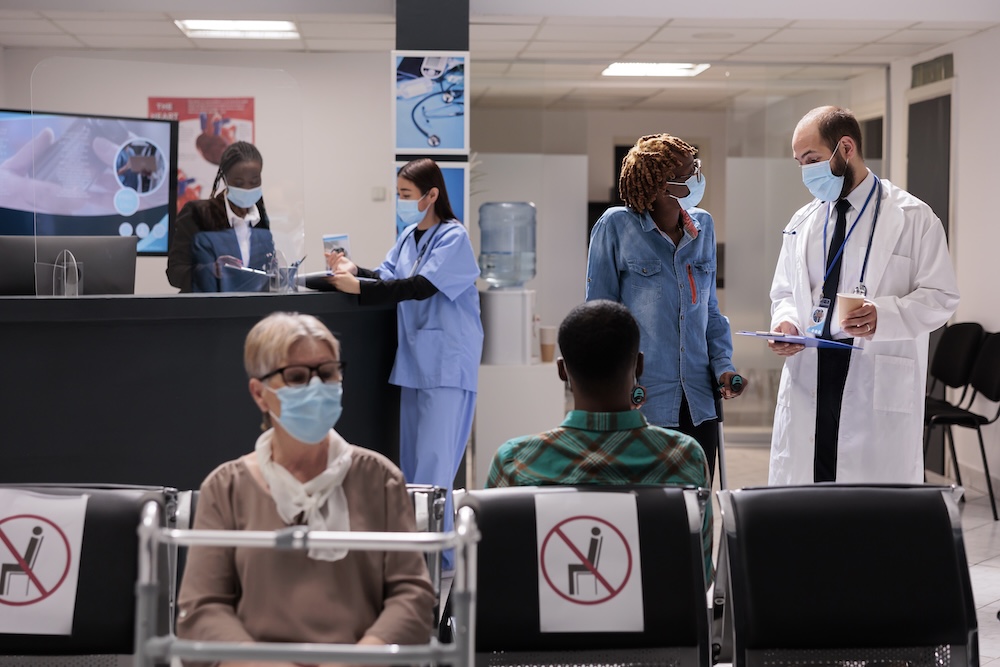
Holly Health, in collaboration with Loughborough University and Modality Partnership, has completed an Innovate UK–funded 18-month project focused on advancing digital self-management for people living with or at risk of multimorbidity.
By combining behavioural science with machine learning technology within the Holly Health app, the Biomedical Catalyst project introduced a just-in-time adaptive intervention (JITAI) system.
JITAI is a pioneering approach that provides timely, personalised coaching based on each person’s unique health patterns and behaviours.
It leverages real-time data and machine learning models to identify moments when an individual is most likely to benefit from support.
The system operates on a continuous daily cycle.
This process is a “feedback loop”, operating using a Reinforcement Learning (RL) approach, where the system learns from user behaviour to improve its support and then plans coaching messages for the next day.
As part of a project, we analysed results from over 180 users over a three-month period and found that embedding a JIATI within the Holly Health app significantly improved both engagement and habit completion.
These findings demonstrate the potential for large-scale, digital delivery of personalised self-management support, addressing critical NHS capacity and cost challenges while empowering patients to take greater control of their health.
Dr James Sanders, academic lead at Loughborough University, commented: “Our collaboration demonstrates the potential of personalised, data-driven support to help people manage multiple long term conditions.
“By integrating behaviour change research with adaptive machine learning, we can provide the right support at the right time, empowering people to take meaningful action towards better health.”
The collaboration brought together Holly Health’s experience in scalable digital behaviour change, Loughborough University’s behavioural science and data modelling expertise, and Modality Partnership’s large patient reach in NHS primary and community care settings.
Together, the teams developed, tested, refined and deployed a reinforcement learning ML (machine learning) system capable of continuously adapting to users’ changing needs, an approach rarely deployed at scale outside of research settings.
Grace Gimson, CEO and co-founder at Holly Health, said: “This is one of our most exciting advancements to date.

Grace Gimson
“At a time when a huge amount of focus is on Large Language Model AI developments in healthcare, this project has enabled us to innovate in a unique direction, by hyper personalising the coaching nudges we deliver.
“We can’t wait to deploy this with wider NHS patient cohorts, to provide the compassionate and tailored lifestyle health support that people need more of.”
Following the project’s success, the partners plan to expand access to the enhanced Holly Health service across NHS and community settings, aiming to support thousands more patients in managing long-term conditions and preventing new ones.









